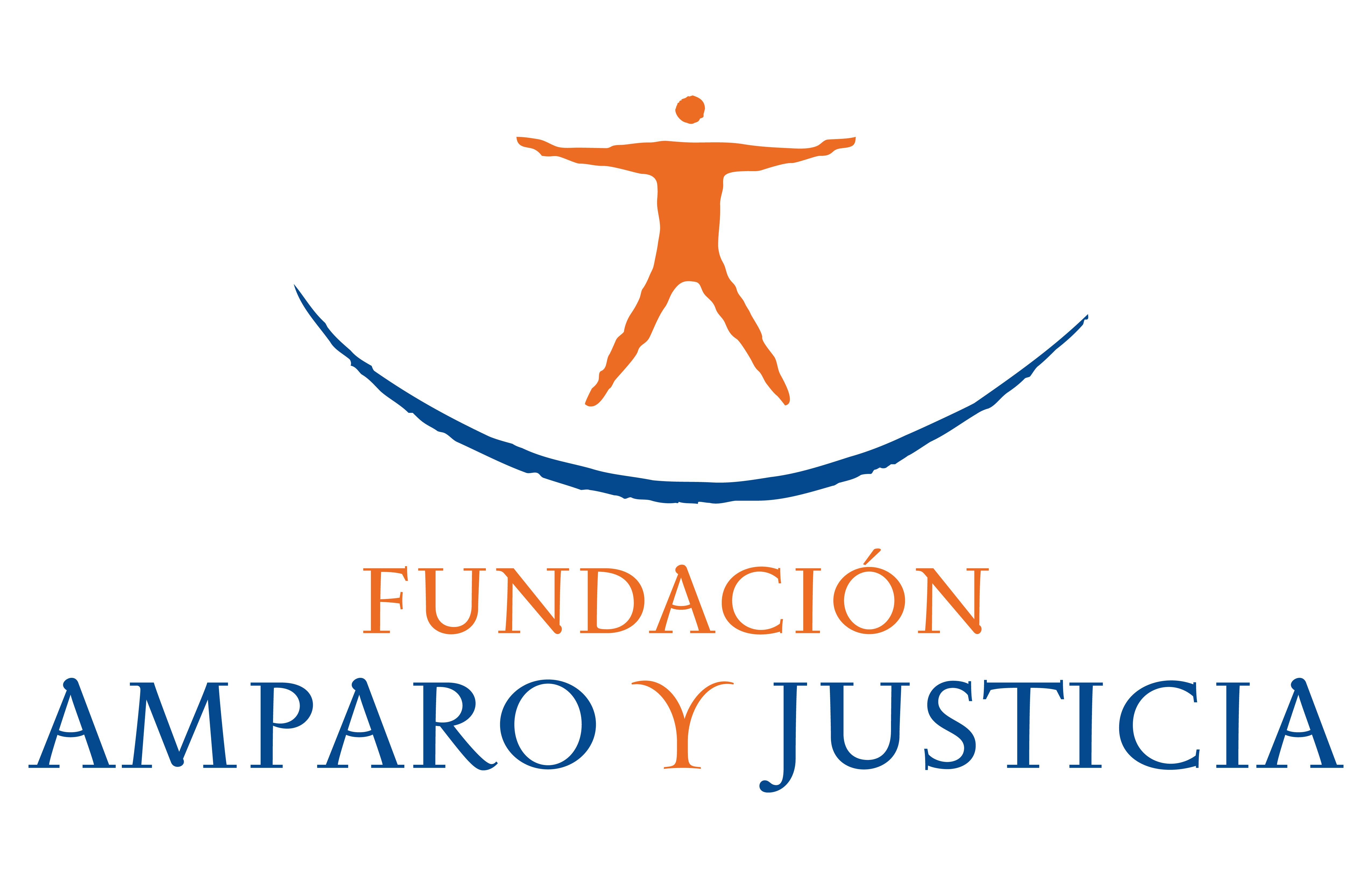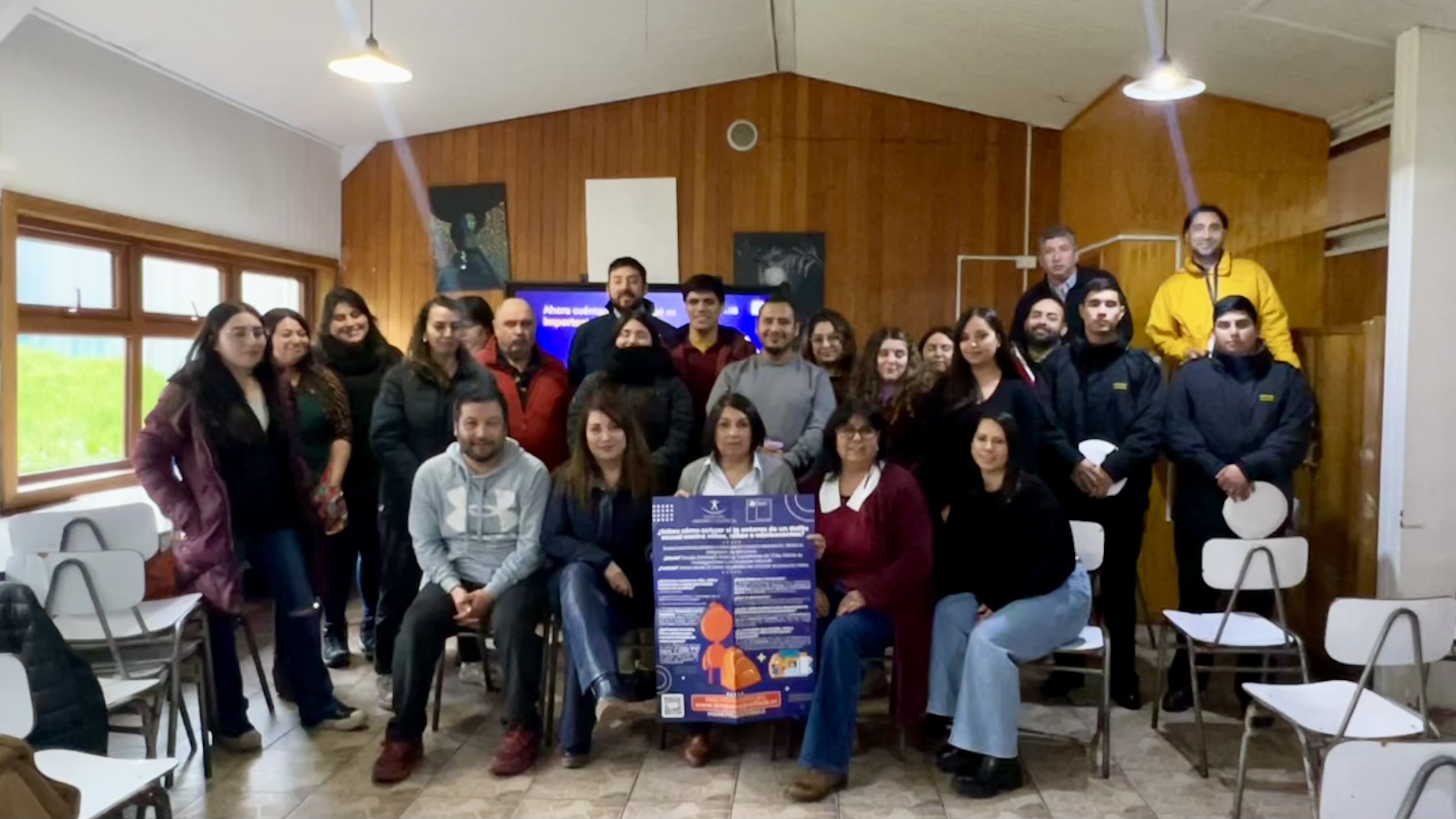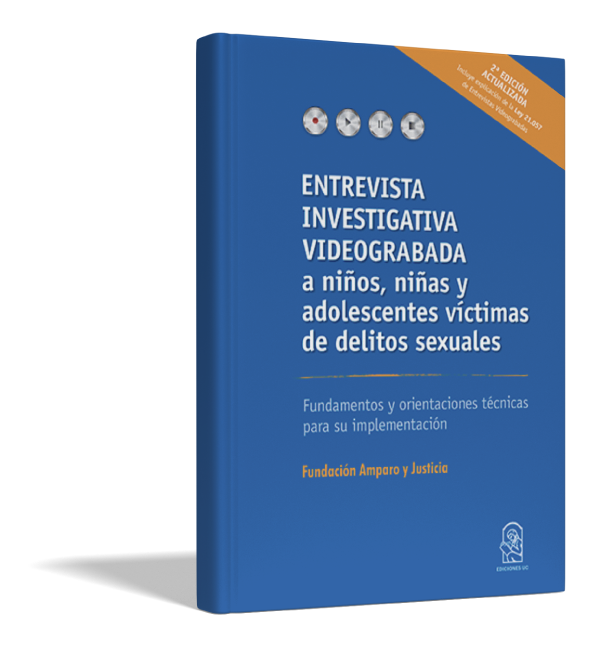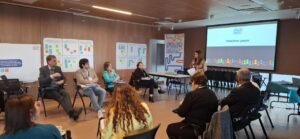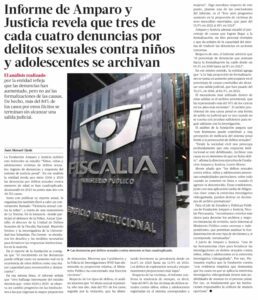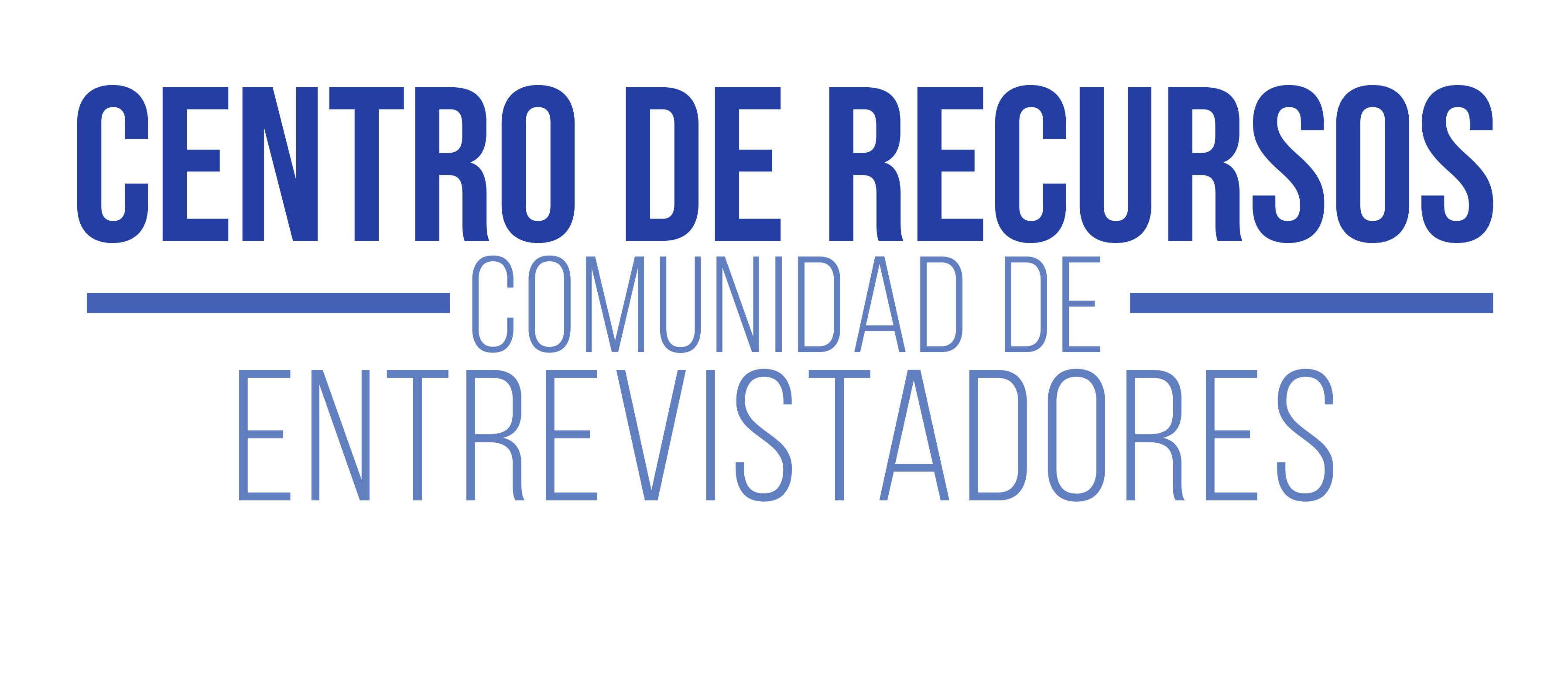The project by Fundación Amparo y Justicia aims to provide educational staff with tools on how to address potential sexual crimes involving children, adolescents, and minors.
After a successful series of training sessions held in 2023 in the Aysén region, Fundación Amparo y Justicia has resumed its project titled “Do you know what to do if you learn of a sexual crime against children, adolescents, or minors?”, which seeks to strengthen the response of educational institutions when they become aware of sexual assault cases involving children and adolescents.
This time, nearly 100 teachers and staff from two local schools were trained: the Liceo de Melinka and the Colegio Alborada de Coyhaique.
“We are delighted to return to the region with such an important project. On the one hand, it’s great to be back in Coyhaique, but especially to reach Melinka after many efforts,” stated Loreto Moore, Executive Director of Fundación Amparo y Justicia.
“Our Foundation, which has 25 years of experience, runs this program to equip these professionals with the tools they need to handle disclosures of abuse. The main message we are sharing is that they must report any case of this nature, which is the obligation of a teacher when faced with such a situation,” added Moore.

“For us as an institution, it is very gratifying to have access to this kind of training for our staff and our community in general, because it ultimately helps us stay updated on action protocols and the legal situations involved in such delicate matters as abuse or rights violations of children and young people in our communities,” said Miriam Martínez, Principal of Liceo de Melinka, after the training session. “We are grateful for the training we received, the clear and concise way the information was delivered, and, of course, the willingness of the trainers to work with us,” she added.
For Mariela Rojas, Principal of Colegio Alborada de Coyhaique, “this is a very important and relevant session for education professionals. Unfortunately, there is no institution that doesn’t have to deal with this issue at some point, so being well-informed allows us to react in time and provide the necessary help and protection to the children and adolescents we care for. In our case, we have more than 1,400 students, a fairly large group within the region, so our mission is very important.”
In both sessions, prosecutors were present to answer all legal questions related to the topic: Fernando Pino from the Aysén – Cisnes Local Prosecutor’s Office, and Sebastián Vildósola, Deputy Prosecutor of the Coyhaique Local Prosecutor’s Office.

Project in the Aysén region
Since last year, training sessions have been held for teachers and non-teaching staff from schools, high schools, and colleges across the Aysén region with the goal of reaching as many institutions as possible, including those in more remote areas.
The decision to select this region as a pilot location was based on several factors, including its lower population, which allows for broader coverage of the training model, and the positive response from local justice system institutions in handling cases of sexual crimes affecting children and adolescents.
To date, 30 educational institutions from Coyhaique, Puerto Aysén, Cisnes, Villa O’Higgins, Río Ibáñez, Cochrane, Guaitecas, Chile Chico, and other locations have participated in these sessions, the majority of which were held in person.
70% of participants reported that they had not previously received training on issues of sexual violence against children and adolescents.
Before the training, only 27% of the surveyed teachers felt prepared to act upon the disclosure of a sexual offense against a child or adolescent. However, after receiving the training, this figure increased to 90%.
In this way, the training is seen as a tool that provides individuals with confidence in their ability to respond to cases of sexual abuse, and it can play a crucial role in strengthening the responsibility of both teaching and non-teaching staff in reporting such incidents.
This initiative is the continuation of another important project by the Foundation, which was the promotion of the Videotaped Interviews Law, a regulation that celebrated its five-year anniversary since implementation this past October.
